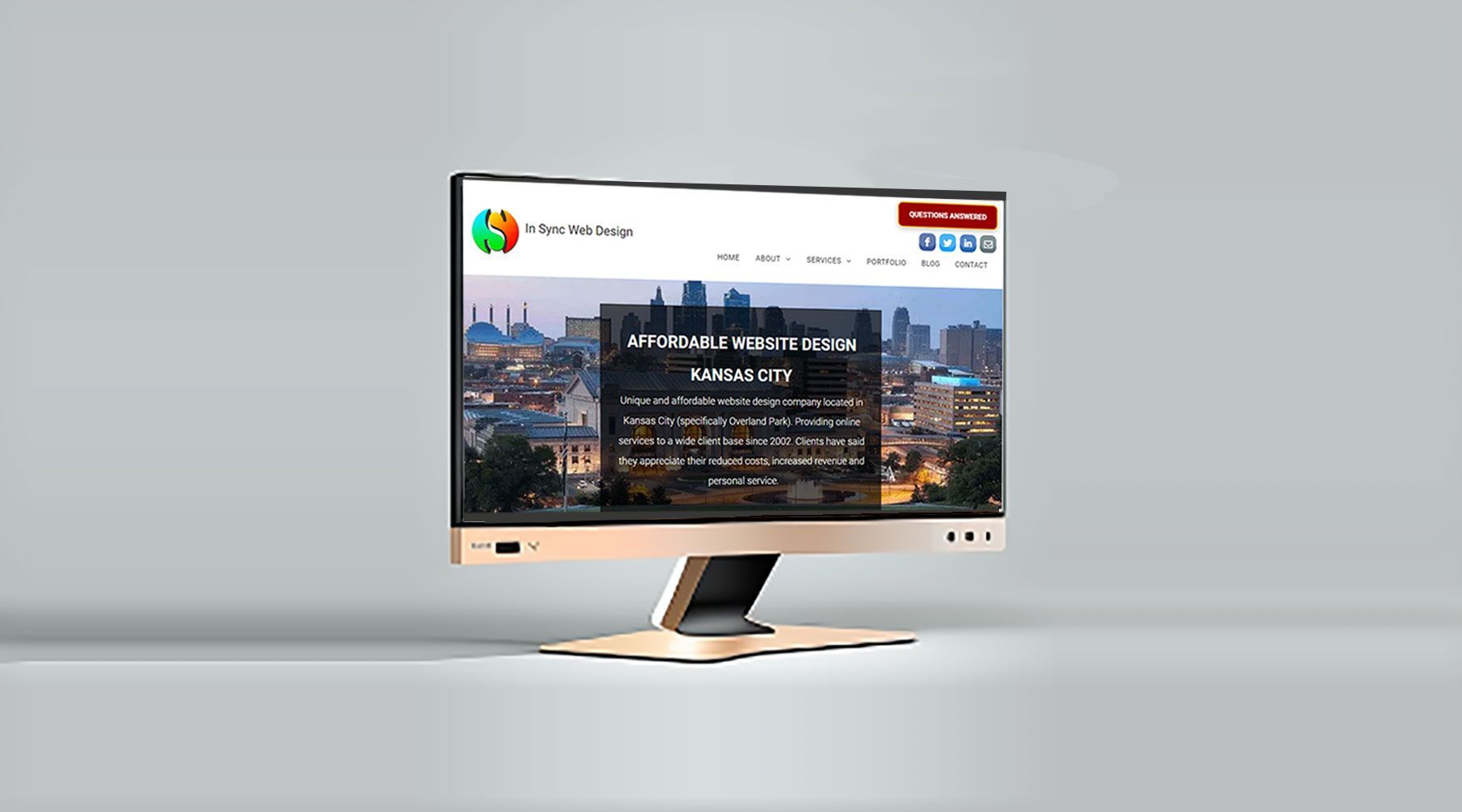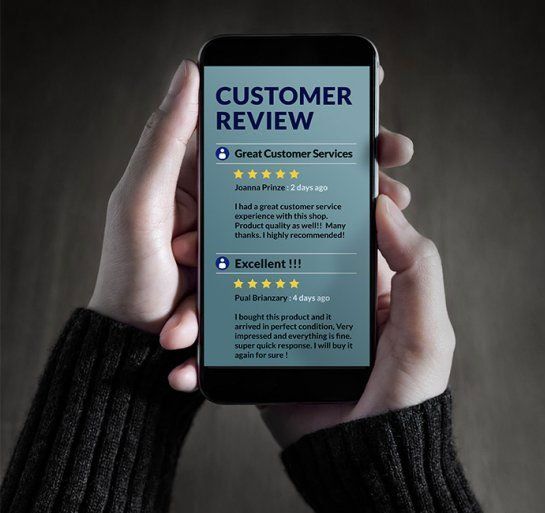It's Critical to Have a Responsive Website Design

In today's digital age, having a website is no longer optional for businesses. It's a necessary tool for reaching and engaging with customers, showcasing products and services, and establishing a strong online presence. With the increasing use of mobile devices for browsing the web, it's essential for websites to be accessible and user-friendly on all screens. That's where responsive website design comes in.
"Your website is your online storefront, and responsive design ensures that it looks good and functions properly on all devices - no matter the screen size."
Gone are the days when websites were only viewed on desktop computers. The rise of smartphones and tablets has completely changed the way people access the internet, and it's imperative that businesses keep up with these changes. A website that is not optimized for smaller screens can lead to a poor user experience and potentially drive away customers. That's why responsive website design has become a crucial aspect of website development.
What is Responsive Website Design?
Responsive website design is a method of creating a single website that adjusts its layout and content based on the screen size of the device it's being viewed on. The website uses flexible grids, images, and CSS media queries to ensure that the website is optimized for all screen sizes, from desktop computers to mobile phones.
Why is Responsive Website Design Important?
Improved User Experience:
The most significant benefit of responsive website design is that it provides a consistent and seamless experience for users across all devices. When a website is optimized for all screens, users can easily navigate and access the content they're looking for, regardless of whether they're using a desktop computer or a mobile phone. A responsive website design ensures that users don't have to zoom in and out or scroll horizontally to find the information they need.
Increased Mobile Traffic:
With the growing number of people using mobile devices to access the internet, it's essential to have a website that's optimized for smaller screens. A website that's not optimized for mobile devices will likely have a high bounce rate and low conversion rates, as users will quickly become frustrated with the poor user experience. A responsive website design will not only improve the user experience for mobile users but also increase the chances of them becoming customers.
Better Search Engine Optimization (SEO):
Having a responsive website design can also have a positive impact on your website's search engine optimization. Google and other search engines prioritize websites that are mobile-friendly and provide a good user experience. A responsive website design ensures that your website is accessible and user-friendly on all devices, improving your chances of ranking higher in search engine results.
Conclusion
In conclusion, responsive website design is an essential aspect of website development in today's digital age. A responsive website design provides a consistent and seamless user experience, increases mobile traffic, and improves search engine optimization. Your website is your online storefront, and a responsive design ensures that it looks good and functions properly on all devices - no matter the screen size. If you haven't already, it's time to make sure that your website is optimized for all devices and provides the best possible user experience.










